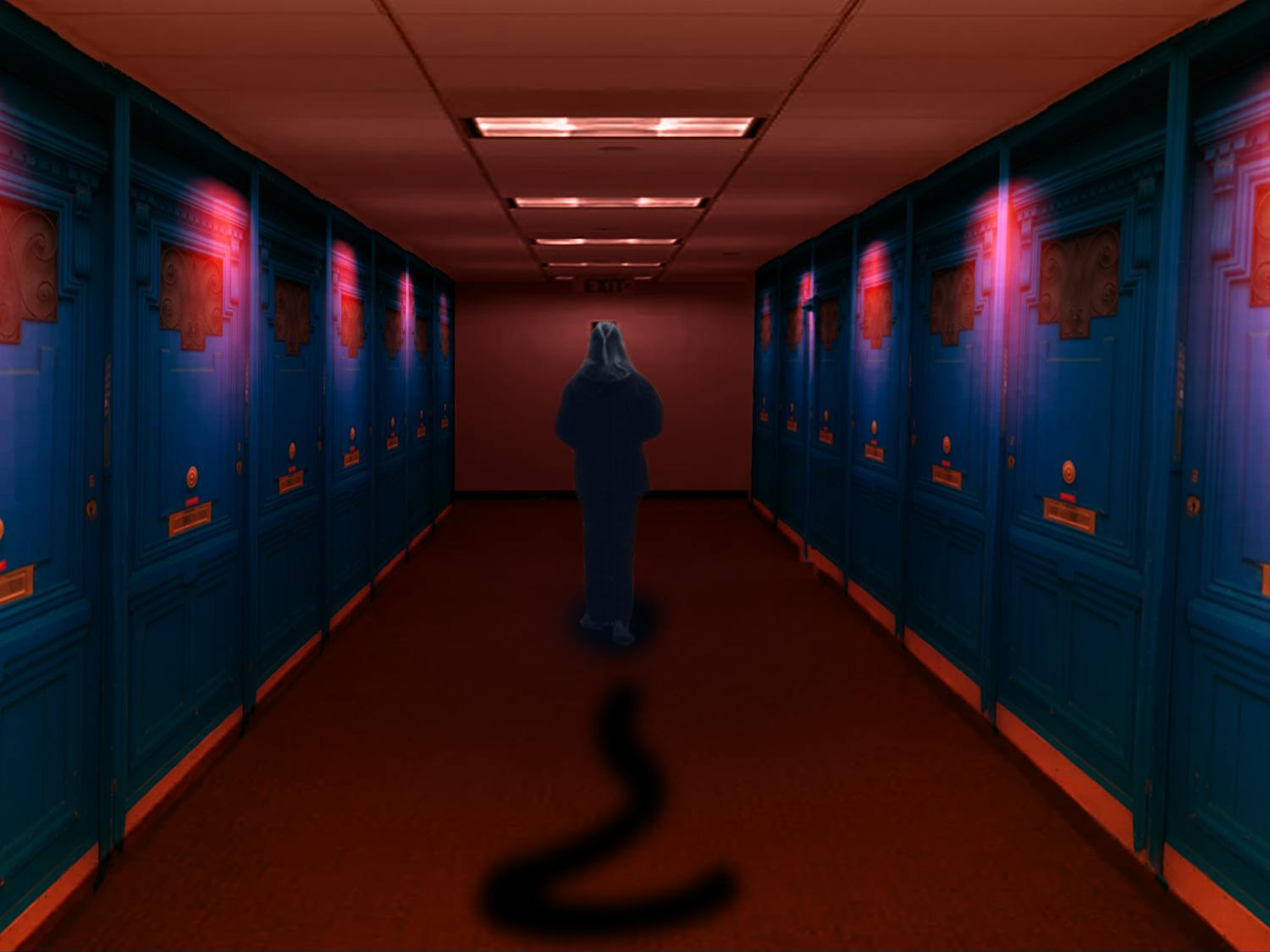The Nominations & Elections Committee is one of Penn Student Government’s six branches, tasked with the role of ensuring fair and free elections for the other student government branches. To do this, the NEC actively enforces a set of codified rules known as the Fair Practices Code (FPC), which all candidates running for election must follow. When a candidate has violated an FPC, the NEC holds the right to conduct a hearing to assess the impact of the election violation.
As a first year, I ran as an Undergraduate Assembly New Student Representative with platforms aimed to transform student wellness, help students navigate affording college, and more. However, despite being on track to win the election, after a fellow UA candidate submitted a photo to the NEC of my campaign poster on my own dorm door, I would face disqualification through an NEC hearing.
First and foremost, I admit to my violation of an FPC. There was clear photographic evidence submitted against me to the NEC which violated the policy of “no posters on dorm doors.” However, for my campaign efforts to be in complete vain for something that assuredly had minimal impact on the election, the incident made me question whether the NEC effectively served its purpose of holding free and fair elections.
While I had an incredibly supportive public defense from the NEC representing my case at the hearing, I was not given the full opportunity to share my opinions on the disqualification. Moreover, I do not come from a place of bitterness, but rather my hope is to tell my side of the story, so no candidates running in the future have to find themselves in such an unfortunate situation.
It was only a few hours before the hearing when I learned the NEC would make the event public. It was made public to all UA and Class Board candidates involved in the election. While the NEC’s choice to make the hearing public was entirely valid, as I was delaying the first years’ election results, I felt outright disrespected and humiliated upon my arrival at the hearing in front of over 30 other Penn students.
Hearing taunting comments from fellow candidates such as, “So … who’s the one on trial?” as they poked fun at the situation, it seemed as if the trial was a source of entertainment. Yet, none of this was condemned by the NEC.
The trial made me question whether the NEC truly took the time and effort to evaluate the impact of the violation on the election outcome. It was evident from the beginning that I would be unable to counter such a substantial piece of evidence like a photograph of the violation. However, I agreed to move forward with the trial in hopes that I could prove that the violation had minimal impact on the election outcome, in which case the NEC would theoretically absolve my violation.
In summary, I countered the prosecution with three main points for why I should not be penalized for a violation that had minimal influence on the election.
The first argument emphasized the discrepancy between the most recent FPC guidelines published on the NEC website and what was verbally communicated during the Candidates’ Meeting. The FPC handbook lacked any remote mention of no posters on dorm room doors and instead prohibited candidates from sliding posters under people’s dorm doors. During the Candidates’ Meeting, however, putting posters on dorm doors was made a violation and sliding posters was permitted through verbal communication.
To eliminate confusion, I resorted to the codified FPC for campaigning, and accordingly, I strayed away from sliding my posters under my hallmates’ doors.
The second argument leveraged my dorm location where the poster was hung and targeted the FPC which stated that posters were only allowed in freely accessible areas. My public defender and I walked to the Kings Court English College House building, specifically the Kings Court first floor, to ensure that my residential area was accessible for all. Unlike the Quad, which requires students to have a Penn ID for entrance to specific dorms, Kings Court and KCECH overall did not need scanning.
For my third point, I attempted to prove that my poster’s positioning, while publicly accessible, was remote enough to where it would have had a minimal impact on the election’s outcome. My section of Kings Court was extremely secluded with only three other doubles within eyeline of my poster. In contrast, my poster, which was hung on the bulletin board in the communal space and FPC compliant, had a much farther reach.
But despite these counter arguments, over two-thirds of the NEC voted to disqualify me over the poster, and I was prohibited from participating in the deliberation.
Furthermore, I was promised by the moderator of the trial that I would be contacted immediately after a decision was made; however, it was not until 1:30 a.m., when I still was anxiously awaiting for a decision, only to learn through my public defense after reaching out that a decision would come the next morning.
In a similar manner, election results for the transfer student election were also frivolously delayed. The two transfer New Student Representative candidates had worked diligently to build up the momentum for their campaigns leading up to election day, only to find out that the voting system for transfer students was bugged at the time that voting was supposed to have begun. During what ended up being a seven-day delay of the transfer New Student Representative election, the NEC failed to provide appropriate support to the transfer candidates who were now forced to pivot campaign strategies — only responding to their inquiries and concerns when repeatedly prompted.
I doubt the NEC’s intentions to even hold the trial. Was it to give me a fair chance to prove that my FPC violation had minimal impact? Or was it to devalue me? Or perhaps was my violation used to provide NEC exposure to the newly appointed first years, who watched the entire trial unfold, at the cost of my campaign efforts?
By enabling students to report such petty matters to disqualify one another and by extension encouraging hypercompetitiveness, I believe the NEC is counterproductive in its mission to hold free and fair elections.
Nevertheless, I am so grateful to all first years who voted for me and placed their trust in me by supporting my campaign. Although this was not the desired or expected outcome, I will take it as a valuable learning experience and apply the lessons learned to various aspects of my life. I plan to run again for UA as Wharton Representative in the spring, and I hope that I can gain your unwavering support.
SU AH KIM is a Wharton and Nursing first year from Monterey, Calif. Her email is suahkim1@wharton.upenn.edu.









